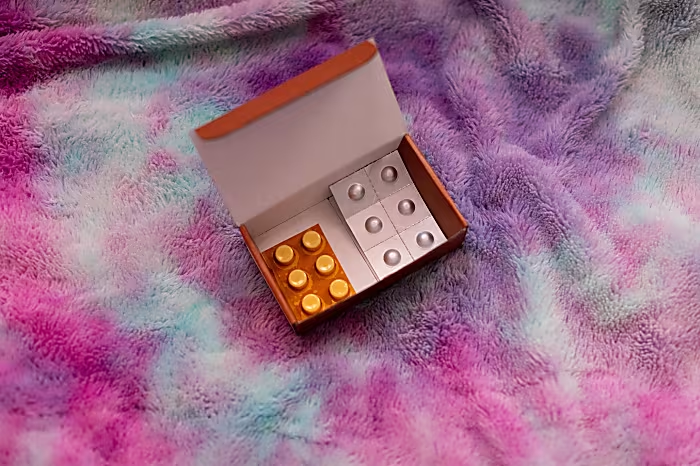LSD’s Potential in Bipolar Disorder Treatment
November 16, 2024

Bipolar disorder, characterized by extreme mood swings between manic highs and depressive lows, is a challenging condition to manage. While traditional treatments like mood stabilizers and antidepressants can be effective, many patients continue to experience significant mood episodes and emotional instability. Recently, researchers are exploring LSD (lysergic acid diethylamide) as a potential tool for treating bipolar disorder, focusing on its ability to affect brain chemistry and emotional processing.
How LSD Affects Bipolar Disorder
LSD primarily influences serotonin receptors in the brain, particularly the 5-HT2A receptor, which plays a role in regulating mood, cognition, and emotional responses. LSD’s ability to alter the brain’s neural circuits can help patients gain insight into the emotional patterns that contribute to mood swings. By fostering greater emotional flexibility and self-awareness, LSD may help individuals with bipolar disorder regulate their moods more effectively.
LSD-Assisted Therapy for Bipolar Disorder
In therapeutic settings, LSD is used in conjunction with psychotherapy. Under the guidance of trained professionals, patients undergo a controlled experience where they explore their emotions, thoughts, and behavioral patterns. If you want to Buy LSD Online Mushrooms you can contact us Feel free to order at anytime.
This deep introspection can allow patients to understand the root causes of their manic and depressive episodes, offering new perspectives on their condition. It may also help break the cycle of negative thought patterns that often exacerbate mood fluctuations.
Research and Evidence
Although studies on LSD’s role in bipolar disorder treatment are still in early stages, preliminary findings suggest it may have potential benefits. A 2022 study published in Journal of Psychopharmacology found that psychedelics like LSD can help reduce depressive symptoms in individuals with mood disorders. While more research is needed, these findings are encouraging.
Challenges and Future Outlook
Despite its potential, the use of LSD in bipolar disorder treatment is not without challenges. Legal and regulatory barriers, as well as the risk of inducing manic episodes in some patients, require further exploration. However, with continued research, LSD could become an important tool in treating bipolar disorder, offering new hope for individuals seeking alternative treatments.